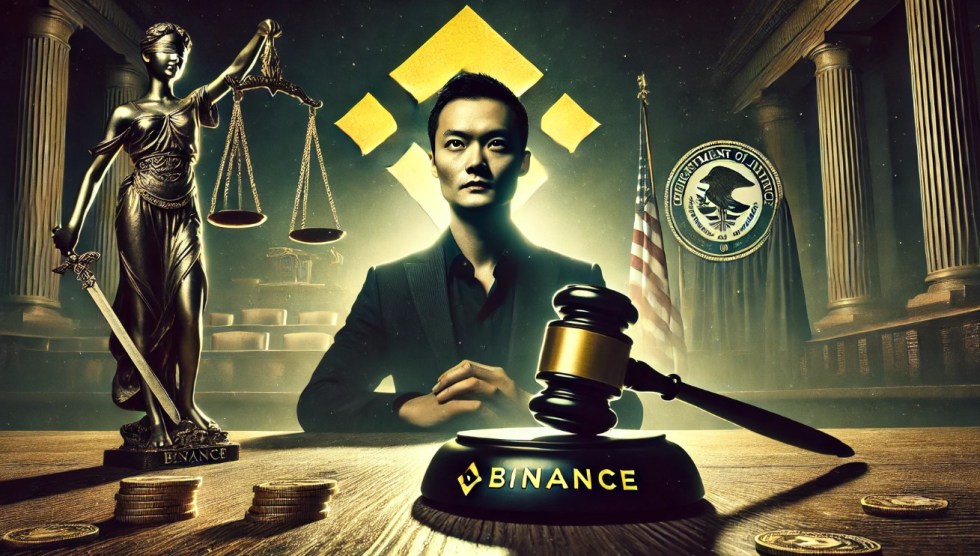On Thursday, Stuart Alderoty, Chief Legal Officer of Ripple, publicly criticized the US Securities and Exchange Commission (SEC) and its Chair, Gary Gensler, for their recent legal maneuvers against Binance, the world’s largest crypto exchange.
Ripple’s Legal Chief Challenges SEC’s Claims
In a post on X (formerly Twitter), Alderoty condemned the SEC’s decision to file an 81-page brief in the ongoing case, arguing that it merely recycled previously debunked arguments, including the controversial claim that cryptocurrencies lack inherent value.
The SEC’s allegations against Binance and its CEO, Changpeng Zhao, who previously served four months in prison for money laundering violations, assert that the exchange offered and sold its native cryptocurrency, Binance Coin (BNB), as a security.
The complaint highlights that, while BNB was initially marketed as a security, the SEC failed to establish a clear expectation of profits from secondary market sales of the token.
The amended allegations reiterated that Binance’s promotional campaigns targeted retail investors, suggesting that purchasing BNB was an investment opportunity tied to Binance’s ongoing business efforts to enhance the token’s value.
Implications Of SEC’s Binance Case
The SEC’s strategy relies on the “Howey Test,” which evaluates whether an asset is classified as a security based on the expectations of profit derived from the efforts of others.
The commission argues that numerous factors indicate that BNB and other cryptocurrencies were marketed as investment contracts, contrary to Binance’s claims that they were mere commodities.
Ripple’s Alderoty contended that the SEC’s approach not only misinterprets the facts but also challenges established legal principles governing securities.
Defendants in the case have argued against this interpretation, claiming that transactions involving cryptocurrencies are too impersonal to constitute investment contracts.
These allegations have also prompted the reaction of John E. Deaton, former candidate for the US Senate and long-time advocate of regulatory changes in SEC leadership, who stated:
Then maybe they should actually re-read Howey because this is what it literally states: If that test be satisfied, it is IMMATERIAL whether the enterprise is speculative or nonspeculative, or whether there is a sale of property WITH OR WITHOUT INTRINSIC VALUE…” If I was a lawyer at the SEC, I would refuse to sign my name to such nonsense.
As the legal battle continues, the outcome of the SEC’s case against Binance could have far-reaching implications for the cryptocurrency industry, particularly regarding how various digital assets are classified under US law.
However, with outgoing SEC Chairman Gary Gensler announcing his departure and the first pro-crypto president Donald Trump in the White House, these cases against key industry players such as Binance, Ripple, and Coinbase may come to an end with new regulatory frameworks that could bring further clarity to the industry.
At the time of writing, Binance Coin is trading at $731, down from its all-time high of $794 set on Wednesday. Still, the token is up over 11% on a weekly basis.
Featured image from DALL-E, chart from TradingView.com
